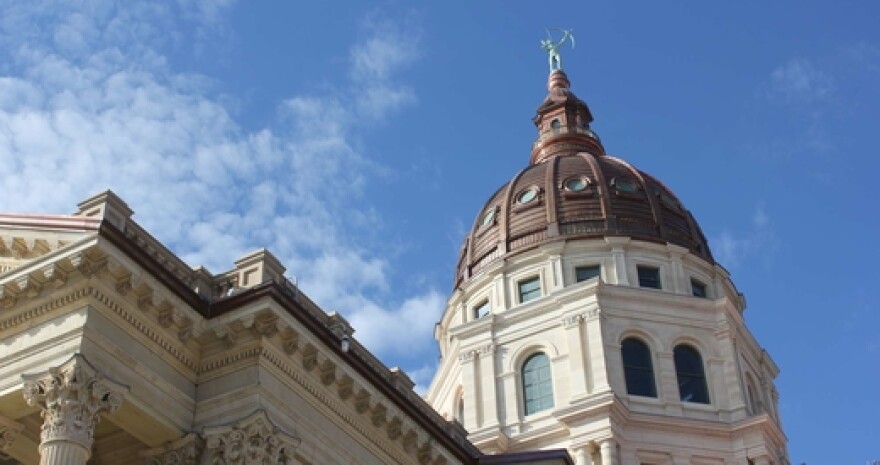One year after Kansas lawmakers agreed to compensate people who were wrongfully convicted and incarcerated, the state has paid two claims, is negotiating one and is fighting two others.
Kansas agreed to pay $1.1 million to Richard Jones of Kansas City, who spent 17 years in prison after being wrongfully convicted of a 2000 robbery that he says was committed by someone who looks just like him. This week the state agreed to pay $1.03 million to Floyd Bledsoe, who spent nearly 16 years behind bars for the rape and murder of a 14-year-old girl, a crime that his brother claimed in a suicide note.
Among the remaining claims is one seeking $1.52 million for Lamonte McIntyre, who spent 23 years in prison for a 1994 double murder in Kansas City, Kansas. A local district attorney later called the case an example of "manifest injustice." No physical evidence was presented and the case was based on allegedly coerced testimony.
The Associated Press obtained records from the Attorney General's office on the cases through a request under the Kansas Open Records Act and from court filings.
Jones, Bledsoe and McIntyre testified at the Legislature last year in support of a bill to compensate former inmates who have been wrongfully incarcerated. The law provides for $65,000 for each year a person spent behind bars along with health insurance benefits, financial assistance for higher education and various social services.
When signing the bill last year, then-Gov. Jeff Colyer publicly apologized to McIntyre, Bledsoe and Jones saying "we will make it right."
But the cases have taken time to wind through the system.
"The law moves slowly, from what I can tell you," said Cheryl Pilate, one of the attorneys representing McIntyre. She said her dealings with the attorney general's office have been cordial, adding there is no need to have "an adversarial" hearing in McIntyre's case.
Sen. Molly Baumgardner, a Republican who helped write the law, said legislators wanted to make sure the process to pay claims was thorough and involved people outside the Attorney General's office.
The state is challenging two claims from former inmates.
Bobby Harper, who spent nearly two years in prison before his 1987 burglary conviction was reversed by the Kansas Supreme Court, is seeking $75,000 and other costs. The Attorney General's office asked a court to reject Harper's claim because it says Harper cannot prove he's "actually innocent," as the compensation law requires. The state argued the statute was not intended to apply to people whose convictions were overturned by insufficient evidence or a legal technically, as in Harper's case.
Harper's attorney has not yet responded in court to the state's filing and could not immediately be reached for comment.
Kansas is also disputing the claim brought by Michael Mata, who as a juvenile in 2011 was incarcerated for less than a year before his conviction for aggravated indecent liberties with a child was overturned on appeal. Mata is seeking $40,246 in compensation.
The Attorney General's office has asked a court to dismiss Mata's claim, arguing his adjudication as a "juvenile offender" and his relatively short time at a juvenile correctional facility do not satisfy the elements for recovery of damages under the law. Mata's attorney, Lora Ingels, said in a court filing that the state was "basically saying a juvenile's life and liberty is not as valuable as an adult's life and liberty."
Meanwhile, Jones, whose wrongful conviction became known as the "doppleganger" case because of his mistaken identity has new legal problems. Federal prosecutors on Wednesday charged Jones in a new five-count indictment on weapons and drug charges.




